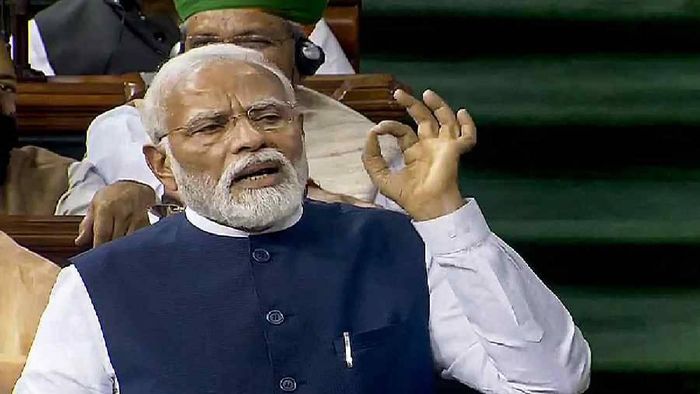Centre releases SOP advising courts to exercise "restraint" in summoning government officers
The Centre has further suggested that the executive should be in charge of selecting and appointing committee members.

- Aug 16, 2023,
- Updated Aug 16, 2023, 10:27 PM IST
The Central government has released a draft Stand Operating Procedure (SOP) advising that Courts must exercise restraint in summoning government officials.
In the SOP, the Centre states that government officers should not be routinely summoned.
''As per directions of the Supreme Court, the in-person appearance of government officials should be called for only in exceptional cases and not as a matter of routine. Courts should practice necessary restrain while summoning the government officials during a hearing of cases (writs, PILs etc.) including contempt cases,'' the SOP read.
The SOP also suggests that, as a first option, the courts should allow an opportunity for the officer to appear via video conferencing.
In the case of courts' constituting committees, the SOP holds that courts should only prescribe the broad domain of the members. The Centre has further suggested that the executive should be in charge of selecting and appointing committee members.
In another such proposal, the SOP has suggests that in writs or PILs, the court should limit its hearings and decision only to the legality of the order in question. Additionally, the centre has also sought to clarify that courts should refer matters of public policy to the executive for necessary action.
In cases of contempt, the centre has proposed that judges should not hear cases of contempt with respect to orders passed by them.
"It is an established principle of natural justice that no person can judge a case in which they have an interest or in other words be a judge in their own cause," the SOP reads.
In the issue of contempt, the SOP also recommends that courts should not initiate contempt proceedings against government lawyers for statements made in court.
''No contempt should be initiated in case of statements made in court by government counsels that is contrary to the stand of the Government affirmed through its affidavit/written statement or reply submitted before the court,'' the SOP states.